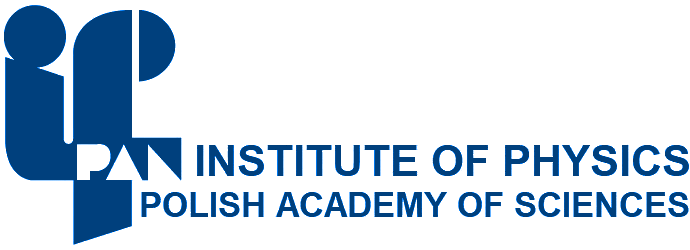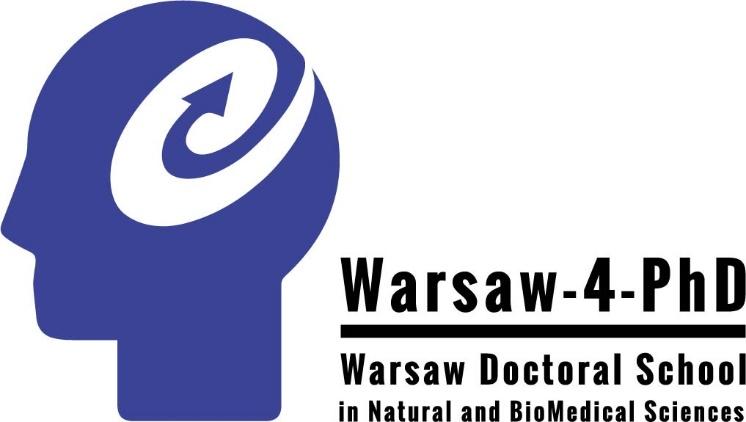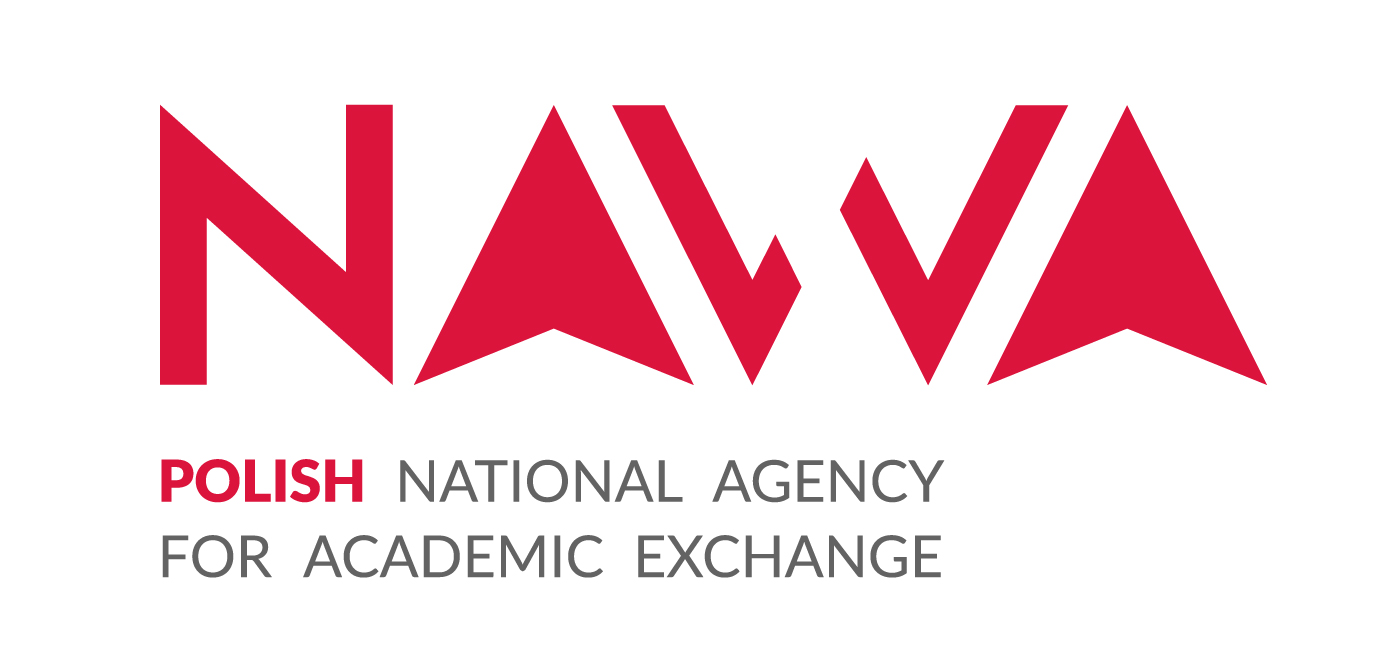Recent progress in the growth techniques makes it possible to fabricate low-dimensional structures, e.g., thin films (planar multilayers), mesoscopic structures and nanostructures (lateral surface and multilayer gratings, quantum wires and dots). The opto- and micro-electronics are among the fields where the resulting novel properties of homo(hetero)-epitaxial growth of semiconductors are more significant. The optimization of the fabrication process and the physical understanding of the samples requires non-destructive structural studies of the materials. Improving the properties of the as-grown quantum materials is also fundamental from the point of view of the Nanotechnology. An example of controlled process to change the properties of materials is the ex-situ incorporation of ion species. The possibility to control dopant concentrations, depth profiling and the high purity through mass selection turn ion implantation into a silicon industry ready-to-use tool. However, the stochastic nature of the process in which energetic ions collide and penetrate the semiconductor, results in lattice damage. Although the crystal degradation is partially reversed after thermal or pressure annealing’s, vacancies and point defects introduced and rearranged after annealing create a strain field which does not disappear completely. Complementary to the direct local probing methods (atomic force microscopy, transmission electron microscopy (TEM), high angle annular dark field (HAADF) or phase analysis to determine the strain in quantum materials), the X-ray elastic scattering methods probe locally the reciprocal space, thus providing relevant information about the statistical properties of the structural parameters averaged over a large volume of a sample. X-ray diffraction (XRD) and reflectivity (XRR) in the specular and non-specular geometries are relevant techniques for these structural studies of both crystalline and amorphous systems. They are highly sensitive to the distribution of the lattice parameters (diffraction) and refractive index (reflectivity). This presentation explores the synergy between ion beam implantation and X-ray scattering techniques to advance the understanding of implanted crystalline materials. Several examples of implanted single and polycrystalline crystals will be presented following by an overview of the required theoretical principles underlying both techniques. To predict the decrease of the crystalline induced by the ion implantation, a new approach to the interpretation of the diffraction data of implanted crystals will be presented. The novel methodology considers the effects of the variations of the atom’s positions in the lattice instead of employing the static Debye-Waller, strictly related to thermal vibrations. The new method, supported by preliminary molecular dynamics simulations, is tentatively applied to chromium implanted Ga2O3 and carbon implanted 4H-SiC bulk-crystals and to argon implanted GaN thick layers grown by MOCVD on sapphire-c substrates. Finally, a brief description of the MROX software, acronym for Multiple Reflection Optimization package for X-ray scattering used to simulate the XRD data, is highlighted.
This event is supported by the Polish National Agency for Academic Exchange, grant no. BPI/STE/2021/1/00034/U/00001
All Warsaw-4-Phd students (and others) very welcome!The spotlight talk is financed through the STER program of the National Agency for Academic Exchange (NAWA)



Lista terminów (Strona szczegółów wydarzenia)
- 25-06-2024 10:30 - 11:15




